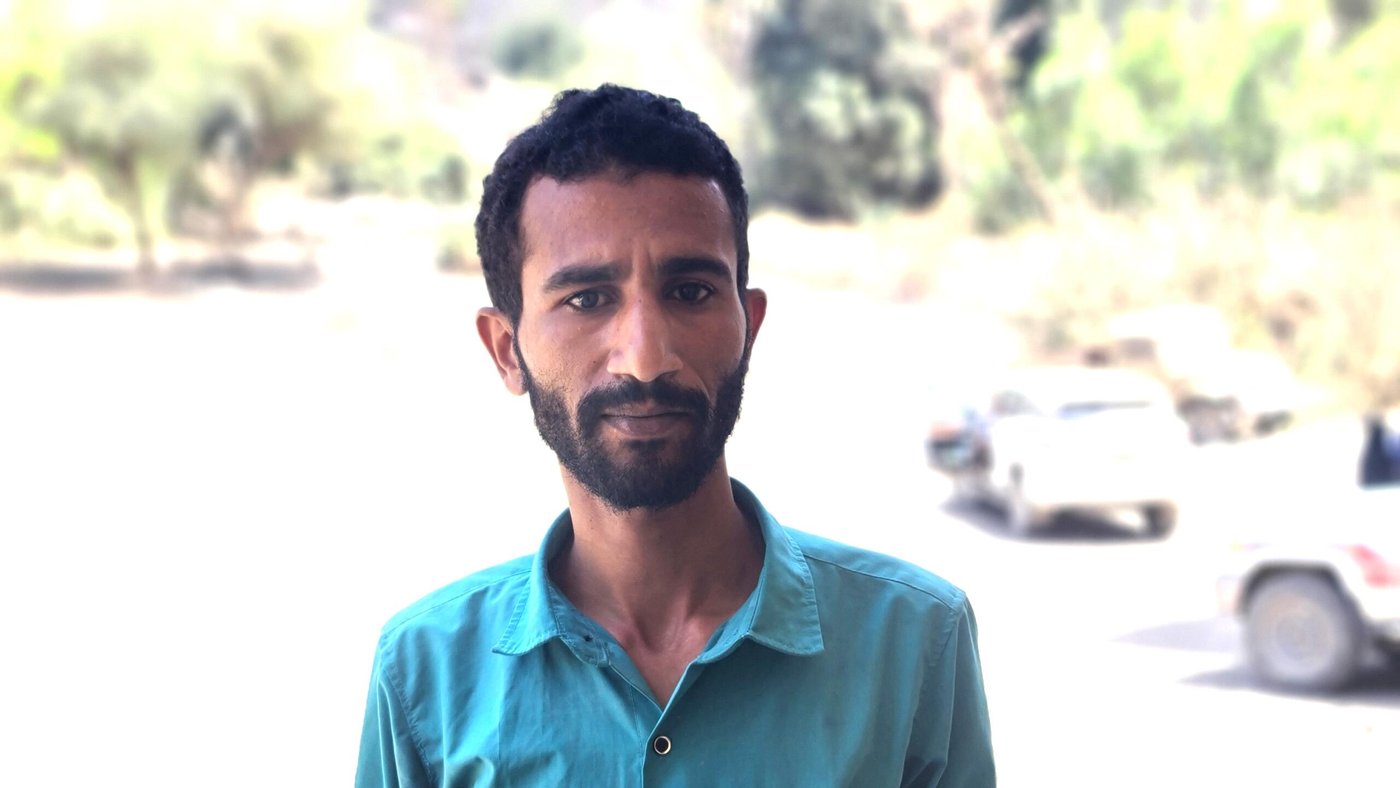However, Abdulrahman’s aspirations were cut short 18 years ago when he was unable to afford university. Instead, he learned a vocation: carpentry.
Despite the change in plans, Abdulrahman found joy and security in his carpentry work. "I truly enjoyed being a carpenter," he says. "It allowed me to work in the city and still return to my village every month to be with family. It was a fulfilling life."
Abdulrahman felt fortunate to have a profession that enabled him to afford his own home and start a family.
However, the outbreak of conflict in Taiz in 2015 shattered this peaceful existence for the 38-year-old father of four. With limited work opportunities and a child suffering from brain atrophy, Abdulrahman was forced to borrow money from neighbours to cover his son's medical needs.
Abdulrahman's story reflects the struggle faced by many in his community after nine years of conflict in Yemen. People live amidst a crumbling economy and few functional basic services. Over half of Yemen’s population struggles to access food, safe drinking water, and adequate healthcare. Rising inflation and livelihoods destroyed by years of conflict force families to make impossible decisions about what they can afford.
The Norwegian Refugee Council (NRC), funded by the UK’s Foreign, Commonwealth and Development Office (FCDO), intervened to support vulnerable Yemenis by providing cash assistance to 589 families, including Abdulrahman's.
"The cash assistance was a lifeline," he says. "It allowed me to pay back my debts and provide for my family's basic needs." He emphasises that if there were work opportunities available, he wouldn't need assistance. “Unfortunately, the situation is beyond our control,” he adds.
Abdulrahman acknowledges the positive impact of the cash assistance and hopes it will continue until the community can find sustainable income sources.
"No-one wants to rely on aid, but it's crucial during these difficult times," he says.
Support refugees and displaced people in 40 countries around the world.


